Ceramic cookware is a popular choice for those looking for safe and healthy cooking options, and it is suitable for a wide range of dishes, including those prepared during Diwali celebrations. Choosing a high-quality ceramic cookware item as a gift demonstrates thoughtfulness and a consideration for the recipient's well-being, making it a meaningful present for the festive season.
Table of Contents
What is Ceramic Cookware?
Ceramic cookware is kitchenware made from ceramic materials, typically clay, that has been shaped, fired, and glazed to create non-stick, non-reactive cooking surfaces. It is known for its non-toxic and non-reactive properties, making it a safe choice for cooking. Ceramic cookware comes in various forms, including pots, pans, baking dishes, and utensils.
Features of Ceramic Cookware:
- Non-Toxic: Ceramic cookware is free from harmful chemicals and substances, making it a safe option for cooking. It does not release toxins or fumes when exposed to heat.
- Non-Reactive: It does not react with acidic or alkaline foods, preserving the natural flavors and integrity of the ingredients.
- Natural Non-Stick Surface: Many ceramic cookware items have a naturally non-stick surface, reducing the need for excessive oil and making it easier to cook with minimal sticking.
- Even Heat Distribution: Ceramic cookware distributes heat evenly, preventing hot spots and ensuring consistent cooking results.
- Versatility: It is suitable for various cooking methods, from frying and sautéing to baking and simmering.
- Easy to Clean: Ceramic cookware is typically easy to clean and maintain, often dishwasher safe, and resistant to staining.
- Aesthetically Pleasing: Many ceramic cookware pieces are available in a range of colors and decorative designs, adding an aesthetic appeal to your kitchen and dining table.
Ceramic Cookware Is The Perfect Diwali Gift:
Ceramic cookware is the perfect Diwali gift for its combination of health, versatility, and aesthetics. As the festival celebrates light and well-being, gifting non-toxic ceramic cookware ensures the safety of the recipient and their loved ones, as it is free from harmful chemicals and releases no toxins when cooking. Its non-stick properties make it ideal for preparing Diwali dishes with minimal oil or fat, promoting healthier cooking. The versatility of ceramic cookware allows for a wide range of culinary creations, from festive sweets to savory delicacies. Moreover, its attractive colors and decorative designs add an elegant touch to the recipient's kitchen and dining table. This thoughtful and enduring gift not only reflects the festive spirit but also shows a consideration for the recipient's culinary passions and well-being, making it a cherished Diwali present.
Best Ceramic Cookware in India:
If you are looking for the best ceramic cookware in India for a lifetime of hassle-free, happy and healthy cooking, trust Meyer Anzen. Meyer Anzen is a line of kitchenware known for its high-quality ceramic non-stick coating and durable construction. The cookware features a ceramic non-stick coating that is free from PFOA, PFAS, lead, and cadmium. This coating provides a naturally non-stick surface for cooking with minimal oil or fat. The cookware by Meyer Anzen is built to distribute heat evenly, preventing hot spots and ensuring consistent cooking results.
How Is Ceramic Cookware Different From Regular Cookware?
Ceramic cookware differs from regular cookware, often in terms of its cooking surface and some characteristics. Here are the primary differences:
- Cooking Surface: Ceramic cookware has a ceramic-based non-stick cooking surface. In contrast, regular cookware may have various types of surfaces, including non-stick coatings, stainless steel, cast iron, or other materials.
- Non-Stick Properties: Ceramic cookware is known for its naturally non-stick surface, which reduces the need for excessive oil or fat when cooking. Regular cookware, especially stainless steel or cast iron, may require more oil or seasoning to prevent sticking.
- Toxicity: Ceramic cookware is often promoted as non-toxic and free from harmful chemicals like PFOA and PTFE. In contrast, some regular non-stick cookware may contain these chemicals, which can release toxins when heated at high temperatures.
- Heat Distribution: Ceramic cookware distributes heat more evenly, preventing hot spots and ensuring consistent cooking results. Some regular cookware, such as stainless steel and cast iron, may have less even heat distribution.
- Ease of Cleaning: Ceramic cookware is typically easier to clean due to its non-stick properties. Regular cookware may require more effort to clean, particularly if food sticks to the cooking surface.
- Durability: Ceramic cookware can be durable, but it may be more prone to chipping or scratching. Regular cookware materials like cast iron and stainless steel are known for their durability and can last a lifetime with proper care.
- Versatility: Both ceramic and regular cookware can be used for various cooking methods, but regular cookware like cast iron and stainless steel is often considered more versatile for high-heat cooking methods and can be used in ovens or on grills.
Conclusion:
Ceramic cookware has surged in popularity due to its non-toxic nature, making it a safe choice for health-conscious individuals. The naturally non-stick surface reduces the need for excessive oil, aligning with dietary preferences for healthier cooking. Even heat distribution ensures consistent cooking results, while ease of cleaning and attractive designs add to its appeal. Ceramic cookware's versatility, eco-friendly options, and reasonable durability have further contributed to its status as a favored choice for a safe, efficient, and aesthetically pleasing kitchen experience.
Discover the best ceramic cookware in India, Anzen, here:

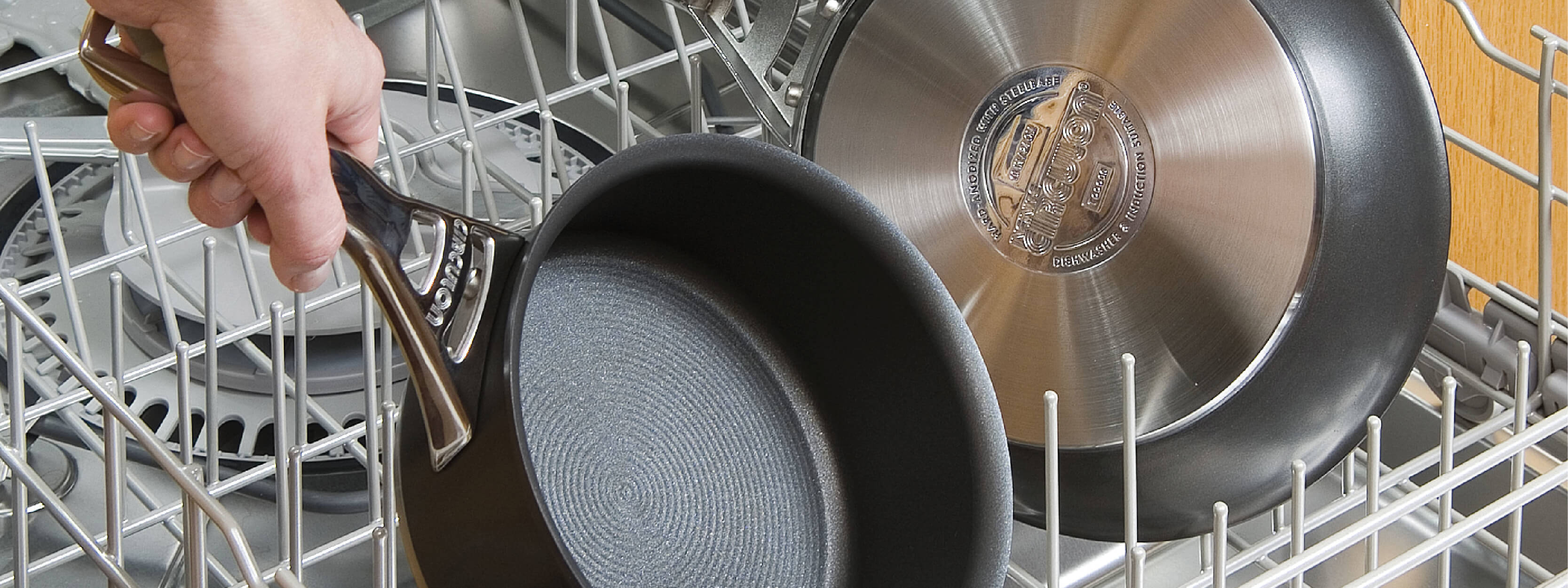
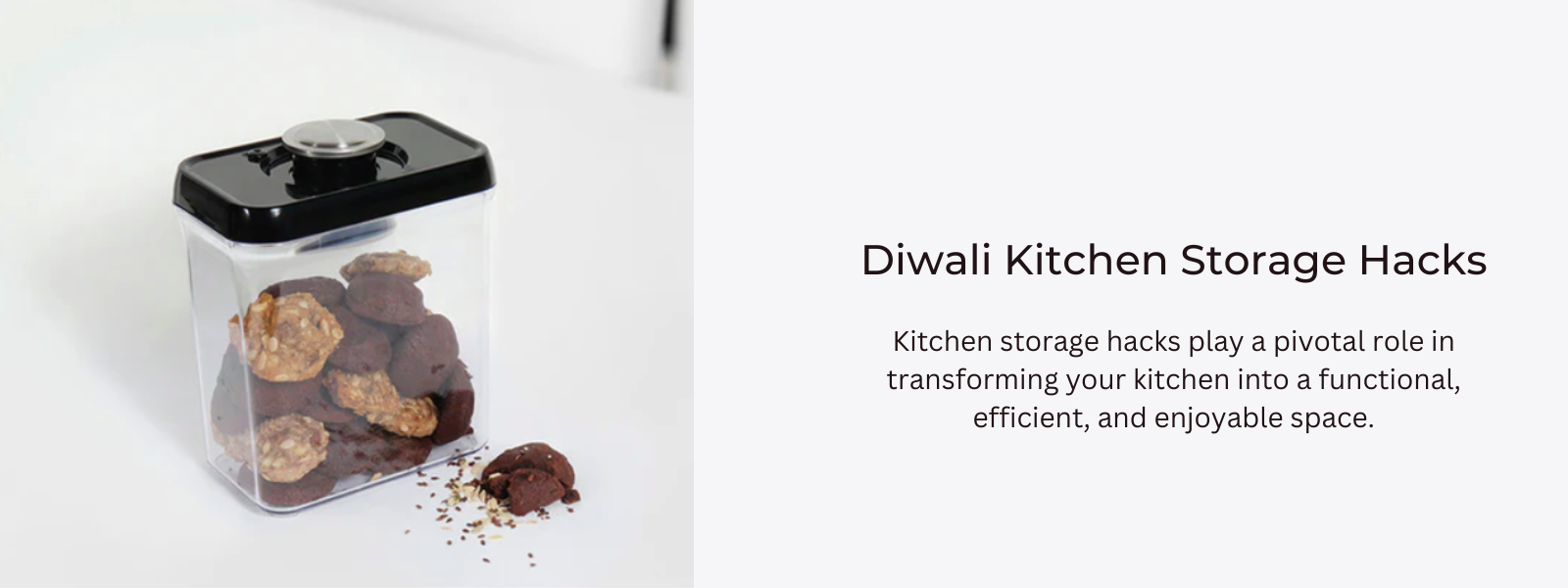
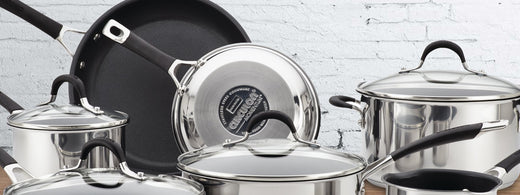

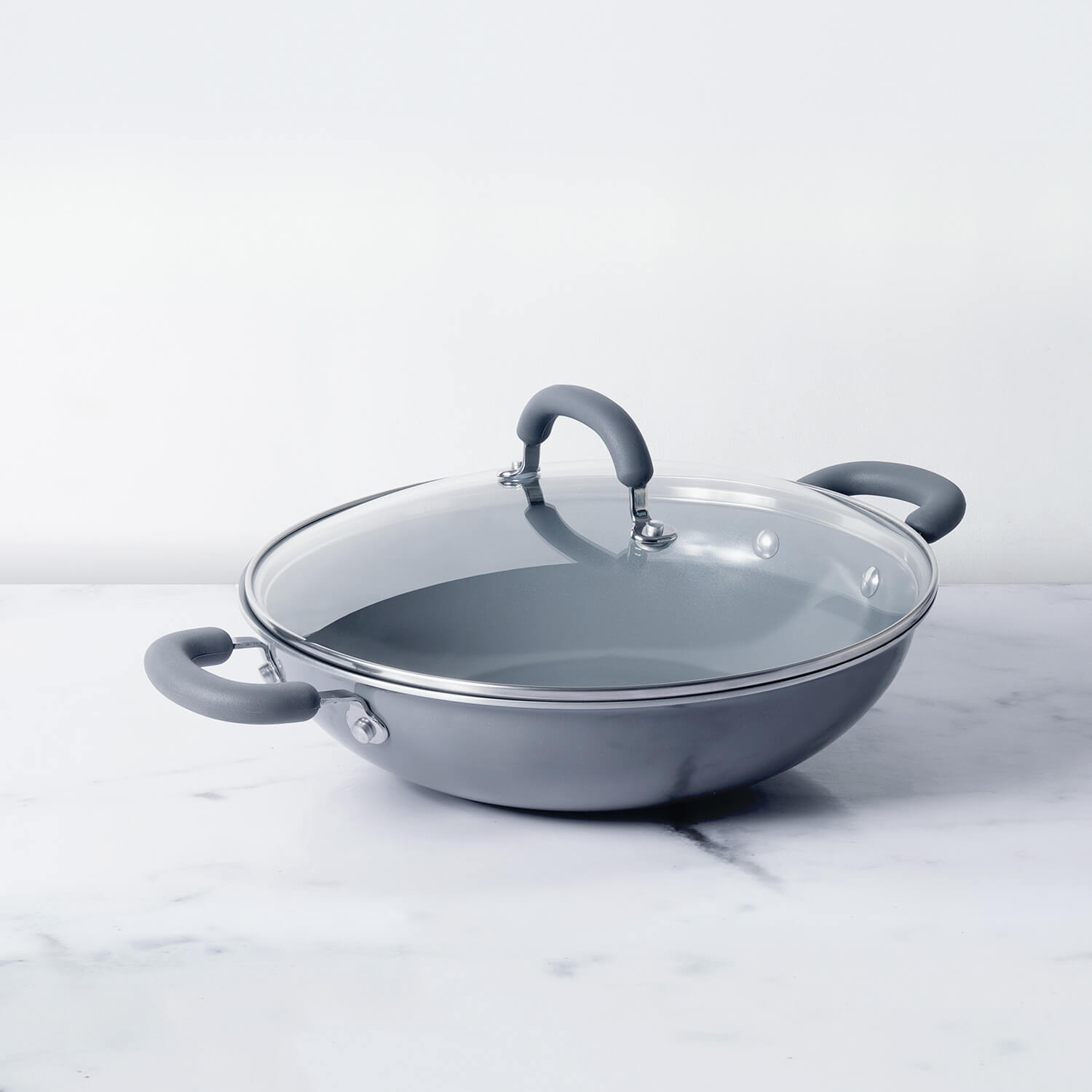
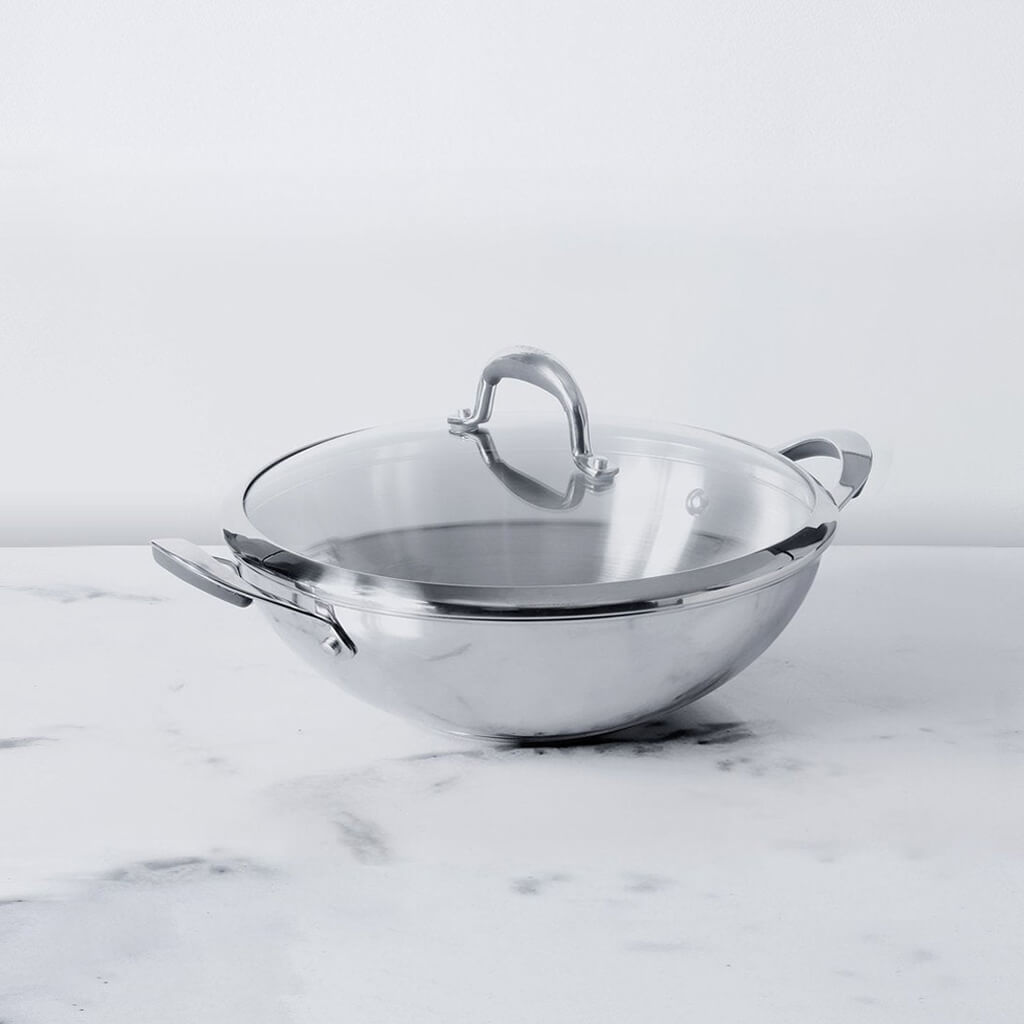




Leave a comment